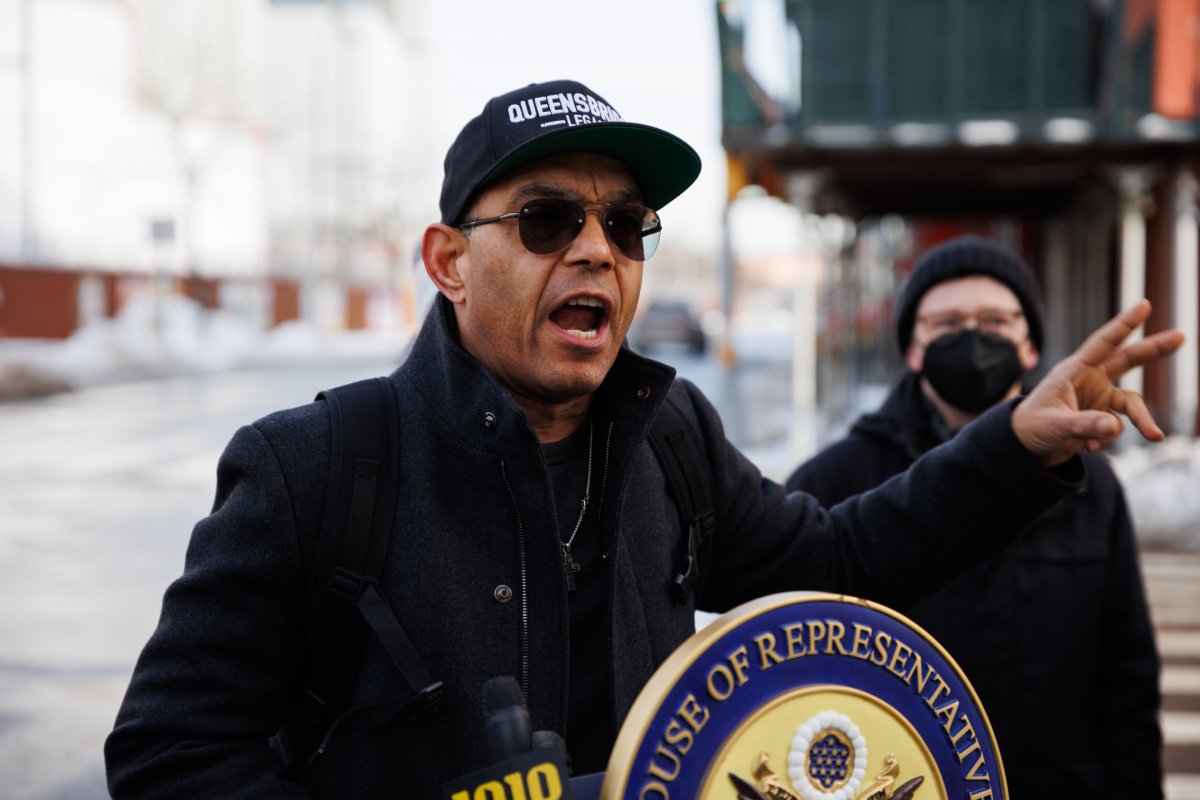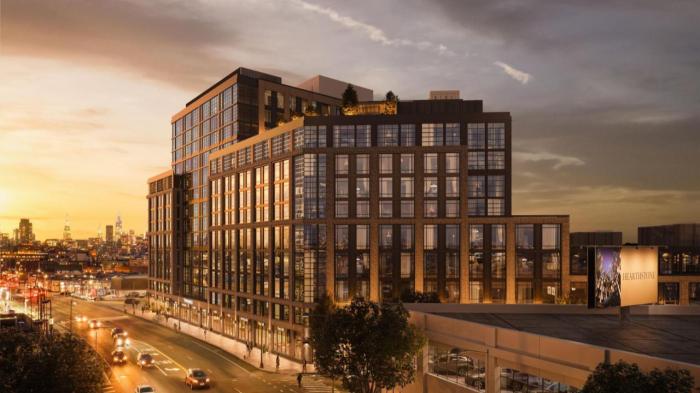For Queens residents, climate change is not a future problem — it’s a clear and present danger. In the past decade alone, Queens has borne the brunt of several environmental and public health disasters induced or exacerbated by our climate crisis — from Superstorm Sandy to Hurricane Ida to Asthma Alley to the continuing repercussions of the COVID-19 pandemic. Each of these crises has cost our borough dearly in lost lives, increased rates of illness, lost income, property damage and critical repairs.
Our position as a community so adversely affected by climate change also creates an opportunity for us to be a first mover when it comes to real climate action. Queens is already leading the charge for resiliency and sustainability efforts across the city — but we can’t fight this fight alone. Years of systemic disinvestment can only be reversed by systemic investment — and systematic, strategic change. We need real leadership if we’re going to turn lofty climate goals into real, actionable climate projects and solutions with impactful results.
One such project is Clean Path NY, which will generate new clean energy resources from New York’s own wind and solar assets and inject it into the heart of Queens — where our energy grid, like the city as whole, is still largely dependent on fossil fuels. The delivery of more than 7.5 million megawatt-hours of emissions-free clean energy will reduce fossil fuel emissions from our electric sector by 22% on average per year and avoid a projected 49 million tons of avoided CO2 — equivalent to taking nine million cars off the road. For Queens residents and New Yorkers recovering from the economic hardship of the past two years, it is hopeful to see a project like this that is expected to create thousands of clean energy jobs and train our young people for the critical green jobs of tomorrow.
The need for more homegrown clean power and a resilient electric grid has never been more urgent. This winter, we’re heating our homes and businesses amid rising fossil fuel costs and an electric grid whose reliability margins are increasingly thin. Last summer, New Yorkers faced one of the hottest summers of our lifetimes during a global energy shortage. Both ends of this seasonal pendulum leave families vulnerable and exposed.
Despite the existential threat posed by climate change, major clean energy infrastructure projects around the country have been stalled and stymied by interest groups that see climate solutions as a threat to bottom lines. The U.S. Supreme Court recently dealt a major blow to Washington’s ability to regulate carbon dioxide from power plants. A split, dysfunctional Congress doesn’t bode well for bipartisan action, and more likely means that needed federal investments in clean energy and climate solutions will stall or slow.
To put it plainly, we don’t have time for this kind of nonsense in Queens — not when our lives and livelihoods are on the line. We cannot allow parochial politics to get in the way of needed climate progress, and we cannot surrender our ability to deliver relief to our communities to a federal government that can’t get its house in order.
As New Yorkers, we exercise our freedom to get loud about things we don’t like — but we can often be markedly less vocal about things that we do support. That’s why I encourage Queens residents, and all New Yorkers as fired up as I am about the unreliability of climate leadership in Washington, to get loud and make known your support for local climate and renewable energy initiatives. Participate in the public meetings and advocate for siting of clean energy infrastructure in New York. Learn more about Clean Path NY and the benefits it will bring to our borough. As frontline New Yorkers facing the “first and worst” consequences of climate change, we owe it ourselves and to each other to play an active part in turning the state’s bold climate goals into realities — for our communities, for our economy, our children and our future.



































